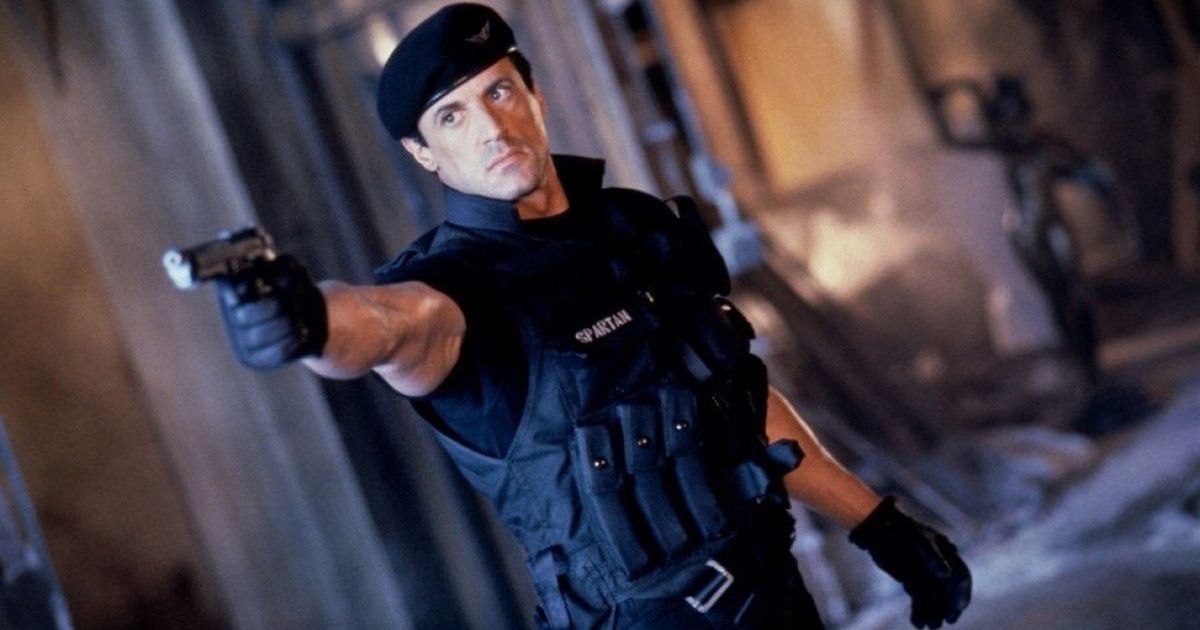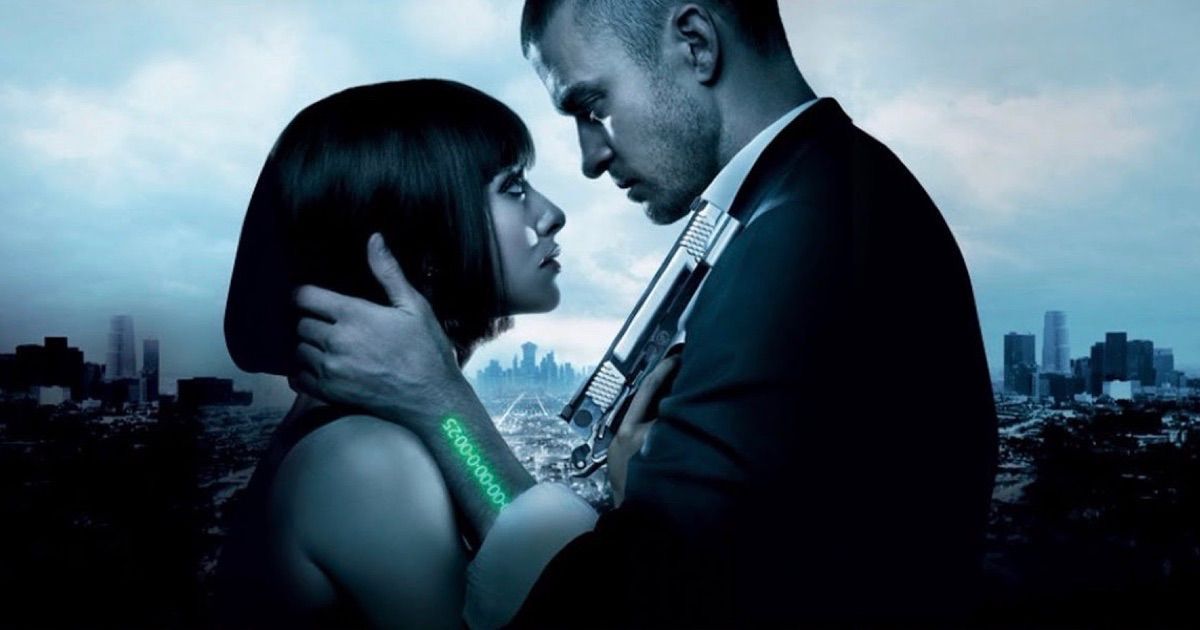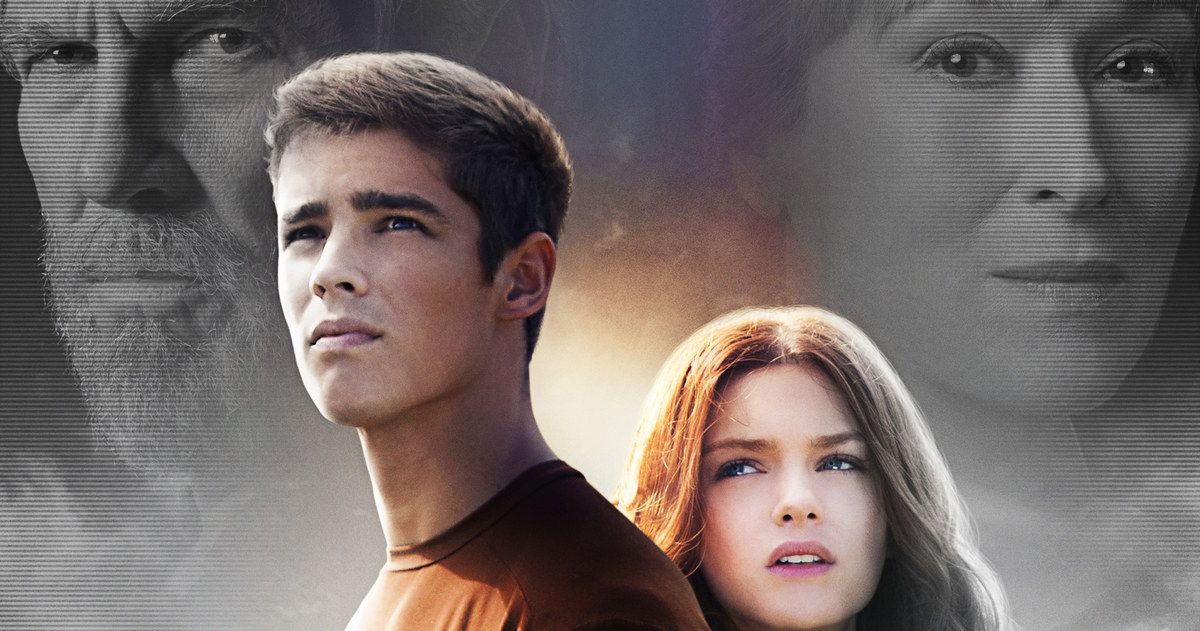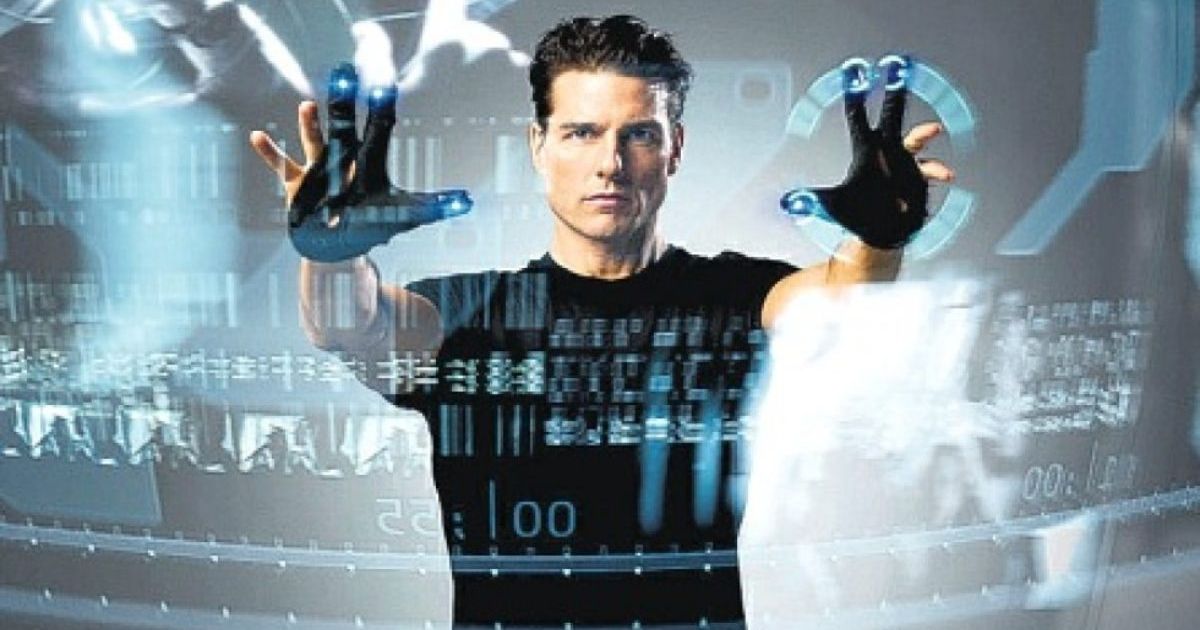Sci-fi movies often look at the future in their own ways, creating their own versions of the universe that will fit the story they want to tell, though not always avoiding scientific inaccuracies. When they focus on a future Earth as their setting, they often only have two choices—is their version of Earth a utopian paradise, or a dystopian wasteland? The dystopian outlook gives many directors the creative liberty to make their own dark movie, playing off of the fall of society as we know it and creating grim settings for the characters to struggle through. With a utopia, it’s harder (and unfortunately more unlikely) to think of a supposedly perfect society and one that still has enough drama or excitement for a good story.
There are some movies that make their success by merging both at the same time—movies like Elysium or The Maze Runner show that those who are poor and less fortunate are living in the wastelands of Earth, struggling to survive on their own, while the rich and well-to-do live in bright shining utopian cities closed off from the rest of the world’s problems. However, there are a few directors who have chosen to take on the challenge of a purely utopian setting. Sometimes, however, their societies are not as great as they’re made out to be, as if to question whether the utopian ideal is even possible. Take a look at some of these utopian movies, and see for yourself how these directors tackle the challenge.
Updated on October 4th, 2023, by Evan Lewis: This article has been updated with additional content to keep the discussion fresh and relevant with even more information and new entries.
10 The Creator (2023)
While a bit of a stretch, the picture of The Creator's beautiful vistas, and hopefulness is probably enough to call it a mixture between utopia and dystopia. At times, it is more of a Utopia, where the usefulness of AI is shown. Humans once had good use for this technology, and it made their lives calmer, and easier than it has ever been in human history.
Of course, the backdrop of The Creator is a war between humans and this A.I., but the full history does not look as terrifying, and the more traditional utopian aspects are still highlighted in order to contrast a war where humans might not have the upper hands like they thought they would.
9 Her (2013)
Her is a Spike Jonze film that is famously inspired by his romance and divorce with peer-director, Sofia Coppola. The setting of this movie is in the near future, and the world is not much different than our own, except it is implied to have superior living conditions for Earth's population. Artificial intelligence is used for good, and it seems to have changed everyone's lives for the better.
This technology has reached the amount of intelligence needed for humans to be able to create deeply personal, and emotional connections with it. There are few problems shown in this film's setting, and it is safe to say the added utility of evolved artificial intelligence at least makes it a light Utopia.
8 WALL-E (2008)
WALL-E is one of the more widely loved pictures coming from Pixar Animation Studios. In a world where Earth is a wasteland due to the carelessness of its human inhabitants, these far-future humans board the large spaceship Axiom, where they live in a utopia far away from the mess they have created. Everything on Axiom is automated, attributed to the extreme laziness the residents display throughout the film.
The residents spend their days eating and partaking in trivial activities, rather than doing anything that would require any work. While this might sound like paradise, the side effects of this are quite dire, as seen by the implied, unhealthy physical conditions of these people. While this aspect has been criticized for fatphobia in recent years, it at least gets the point across that a utopia where nobody ever does anything challenging might not always be a good thing.
7 Tomorrowland (2015)
Disney’s Tomorrowland is named after the popular, futuristic land of the same name found in their theme parks. The movie takes place on Earth, where science enthusiast Casey Newton is trying to stop NASA from demolishing one of their launch sites. When she is arrested, she finds a pin in her bag that transports her to a strange new dimension full of futuristic technology in a seemingly perfect society. She enjoys her time there until the battery runs out on the pin. Back on Earth, she tries to find a way to return to Tomorrowland as she slowly discovers that the end of the world is near.
Tomorrowland is unique in its utopia because it’s technically an alternate dimension. It was created as a haven for those who are the dreamers and thinkers of Earth so that they could create in peace. This perfect utopia still had its flaws, however, as it was part of the reason the end of the world was coming. Even so, everything they did here affected the real world as their technology, while too advanced to show up on Earth in any large form, still impacted its inhabitants.
6 Logan’s Run (1976)
Logan’s Run takes place far in the future when the general population all live in an enclosed dome that is run by a computer. Since there is no need to worry about keeping the utopia running, the people live a life of hedonic pleasure. However, in order to keep things regulated and to avoid overpopulation, they are killed once they turn 30. Some people fear this end and, as their life clock crystal shows them moving closer to the end, they decide they want to run. Logan is tasked with tracking these runners down, as his life may be cut short early if he doesn’t.
At the heart of every utopia is the idea that society, and everyone in it, needs to be perfect; in this sense, the utopian ideal is actually dangerous (which is the central metaphor of Tomorrowland). For the society of Logan's Run, finding that perfection meant killing people to keep a steady population. However, when it’s run entirely by a computer that doesn’t comprehend human emotion, it’s easy to understand why people want to run. The fear of death got to them, so much so that they would rather run from their lives of pleasure and into the unknown to try and live longer.
20 of the Best Sci-Fi and Fantasy TV Shows on Netflix
There are so many shows available to watch on Netflix. Let's look at some of the best science fiction and fantasy shows.5 Gattaca (1997)
Gattaca is set in the not-too-distant future, where eugenics is common; human gene editing is already happening, so it's not exactly far-fetched. In fact, it’s common enough that their society is entirely built around a class system of those who were created with chosen DNA, and those who were conceived naturally. The main character, Vincent Freeman, was conceived naturally and is subjected to a life of more menial jobs. However, he’s always wanted to travel through space (which is reserved for the superhumans of gene editing). He gets a chance of a lifetime when he starts faking his genetic status with the DNA of another man, and now must try and live the life he always wanted while suspicion brews around him.
This film has created a classic utopia that arguably isn’t actually corrupt. Though their version of a perfect society is questionable, it’s what keeps everything together, and it allows disease and disability to become virtually non-existent. The plot doesn’t come from demolishing the society as they know it for some fault no one noticed, but a person simply trying to exploit the system that’s in place to get what he wants. Vincent bends the rules rather than breaks them in order to live his dream, and it proves that even utopias have cracks in their systems.
4 Demolition Man (1993)
In Demolition Man, LAPD Sergeant John Spartan nicknamed The Demolition Man, is wrongfully accused of and arrested for the murder of several hostages after he raided a building. Both he and the criminal who had kidnapped the hostages were sentenced to a lengthy stay in a new cryogenic prison, where the prisoners are frozen and subjected to rehabilitation techniques. Over 30 years later, both men are thawed out; except, the criminal is even more ruthless than before, especially in the utopia they awake in, where there is little crime the police have to take care of. Spartan must now help track the criminal down for the sake of the utopia, as he’s the only one who could possibly still think like him.
The idea of reforming the justice system is necessary, but sometimes, the thought of the perfect utopian society isn’t actually that good once it’s put into motion. In this society, activities deemed unhealthy or immoral were illegal, ranging from playing sports to eating meat. When one person creates the utopia and continues to rule over it, it’s almost a guarantee that there will be resistance, as the utopia will only fit the ideals of that one person. It shows that people can still grow corrupt in a place like this, too, as there would be no plot if the utopia’s leader wasn’t trying to destroy the rebels and bring everyone under his thumb. Utopias, in this sense, are a cinematic problem; they propose a world without conflict, whereas drama depends upon it, but maybe humans do too.
3 In Time (2011)
In Time is set in the next century, where people are genetically engineered to stop aging after their 25th birthday, after which they are given a one-year timer to their death. However, this time has become the new currency, making some people virtually immortal as they try to hold onto as much as they can. Will Salas is among the poor people of this society when he runs into a time-rich person who doesn’t want to live anymore. After telling Will that they were hoarding time and increasing prices to keep the poor dying, he transfers over all 116 years he had. Instead of taking the time and becoming greedy, Will slowly works out a plan to steal back the time and redistribute it to stop the unnecessary deaths.
Even in perfect utopian societies, there is seemingly no escape from the class system, especially in worlds like the one within In Time, where capitalism still means that certain people derive their social status from the work of some proletariat. The poor and the rich are separated into different areas, living vastly different lives. Some have to work to earn more time in order to live, while others have hundreds of years stored away to the point where they are practically immortal (something perhaps reminiscent of Jeff Bezos' $180 billion net worth). Sometimes, the perfect society isn’t the ideal one for the majority, and human ideologies are hard to let go of.
2 The Giver (2014)
Based on a book with the same name, The Giver has what seems to be the perfect society. This utopia keeps everyone in line by genetically suppressing their emotions and removing the memories of the past from everyone except one, who holds them to be sure this society doesn’t make the same mistakes. When Jonah comes of age, he is given the job to replace the current, aging Receiver of Memory. As the memories of the past are slowly given to him, and he begins to see in color for the first time, he discovers the restraints that society has put on everyone and realizes he doesn’t want to live like that anymore.
When stripped of human individuality, everything in a society like this seems perfect. Everyone is genetically engineered to think and act in certain ways, forcing everything to be in a perfect line to avoid the mistakes of the past, like a constantly maturing hive mentality. But is it really considered living if all you do is work all day? If you can’t even really feel love for any family you have? It seems like the only way to make everyone perfect is to strip them of everything that makes them human.
1 Minority Report (2002)
Minority Report has the set-up to be a perfect, crime-free utopia, with ‘precogs’, or a group of clairvoyant people hooked up to some machines, predicting crimes before they are going to happen. When the police look through the data stored, they will arrest the people necessary to prevent these crimes. However, it backfires when Commanding Officer John Anderton is predicted to kill a man he hasn’t even met. Now he must go on the run to avoid prison and try to figure out if this way of tracking crime really is reliable or not.
Even in attempting to create a perfect, peaceful society without crime, the plan was not without flaws. The precogs could predict premeditated crimes, but not those which were decided upon spontaneously. Also, as three minds working together, there were some events they didn’t even all agree on coming true. As for those who were arrested, there’s always a chance they may have backed out before they actually did it, or were just in the wrong place at the wrong time and the blame fell on them. Many of them may have been arrested for a crime they never would have committed. No human is perfect, so no system using them as a base is going to be perfect either. The failure of utopias in cinemas, it seems, provides evidence that perfection is a myth and that our greatest hope as a species is to accept each other in all our limitations.

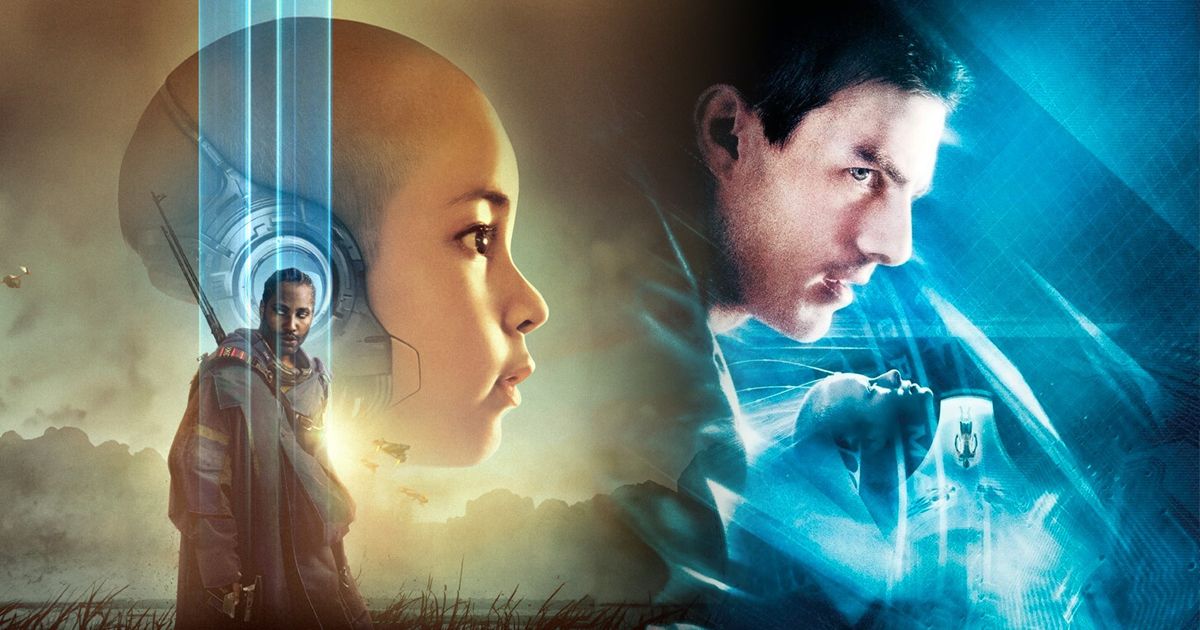
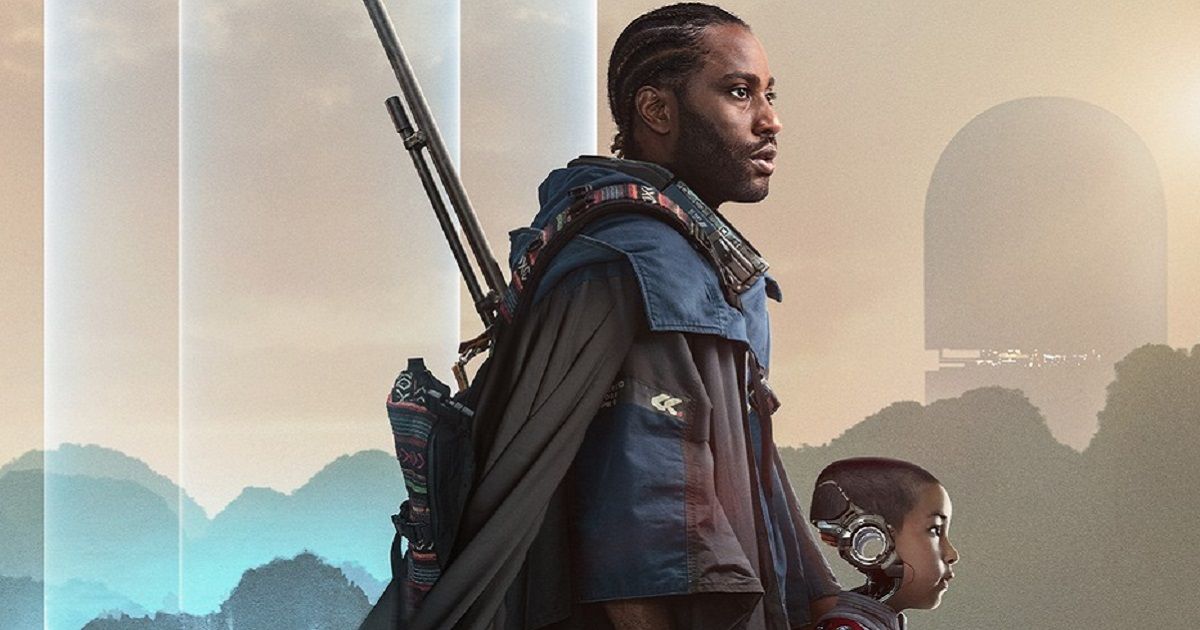
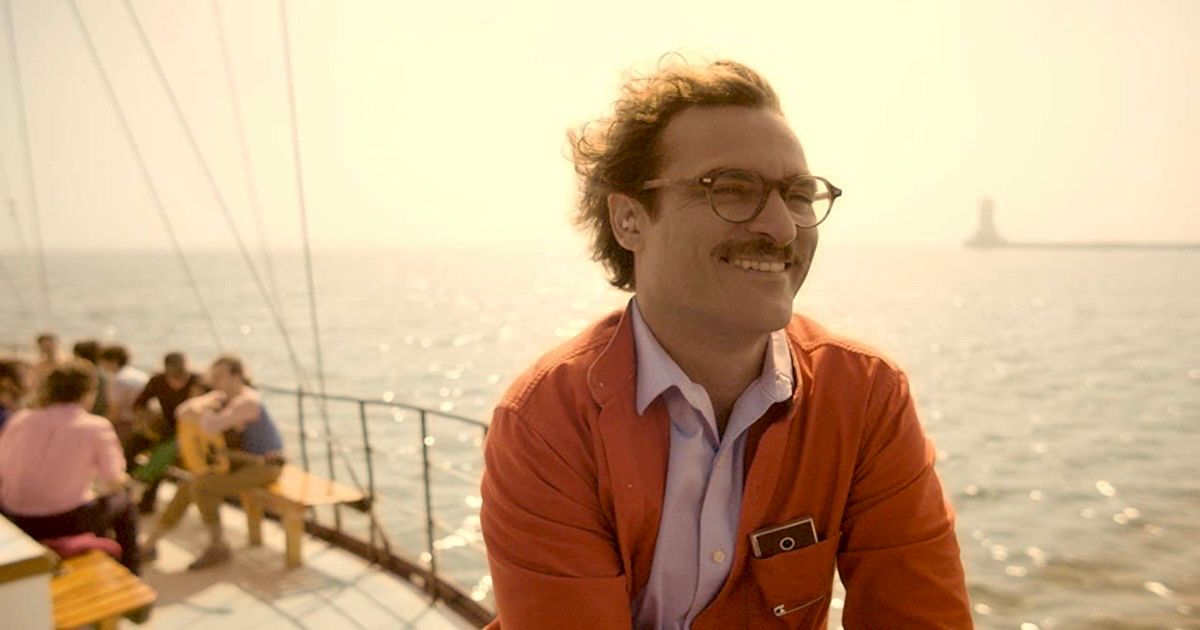
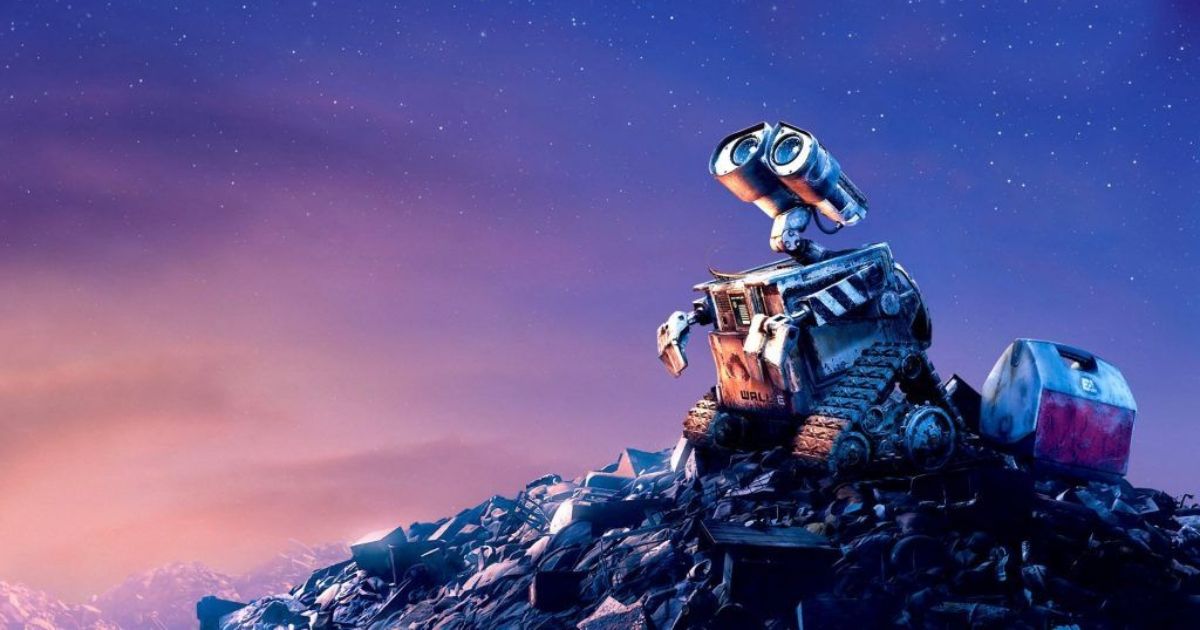
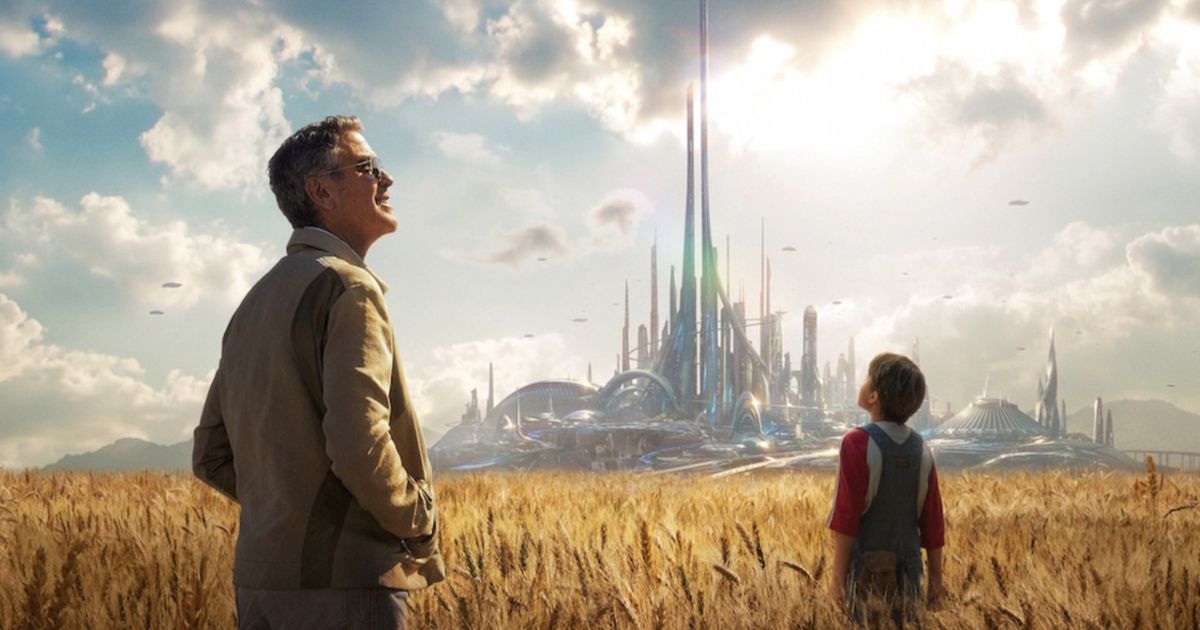
.jpg)

